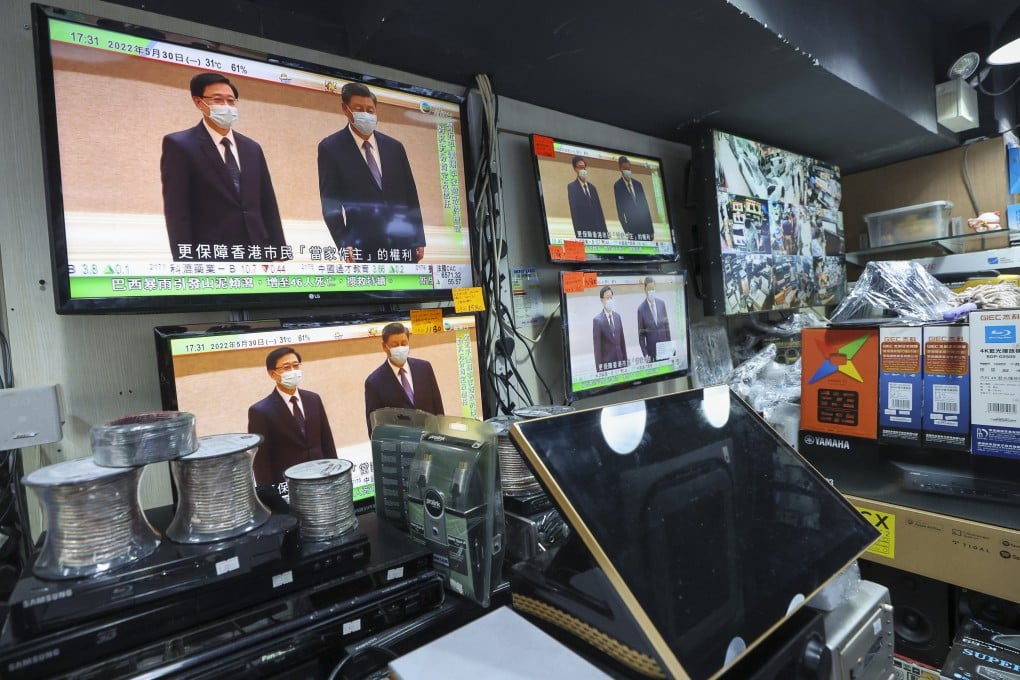Opinion | Two years on, national security law proves its worth in safer, more stable Hong Kong
- Rather than Hong Kong becoming a dystopia, the national security law has strengthened the status quo and returned stability to the streets
- Beijing could have shown this rebellious city what abandonment looked like, but it kept faith with Hong Kong and the facts speak for themselves

That has not happened, though. Instead, the status quo spanning business activity and civil institutions is better protected from disruptive strife than before.
Protesters who rejected such legislation might be taking a vital civil order for granted. Democratic societies champion such laws for themselves to help preserve their democracy.
What is the reality in Hong Kong since the promulgation of the security law? Peace and order have returned to the streets and other public spaces. Public transport and other services have resumed to levels before the protests. Business confidence in Hong Kong as a global financial and commercial hub is back. Public safety has been better assured.
Nonetheless, pockets of resentment against the security law might still exist. That Hong Kong had survived until the law became necessary was the anomaly.
